Exhaustion Aesthetics
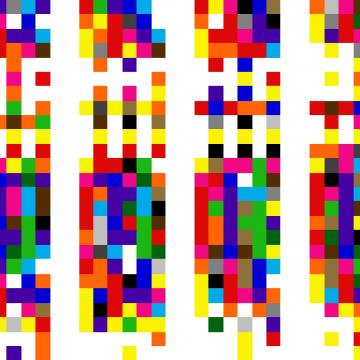
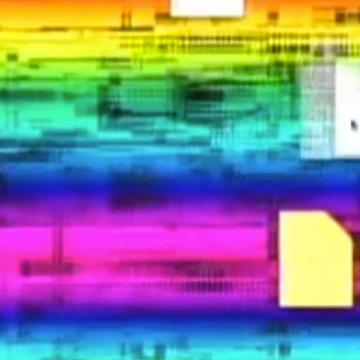
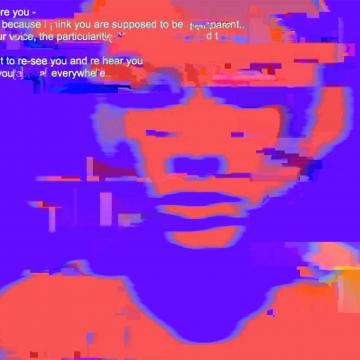
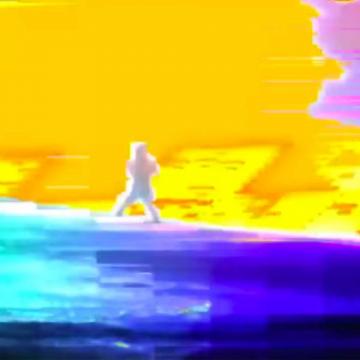
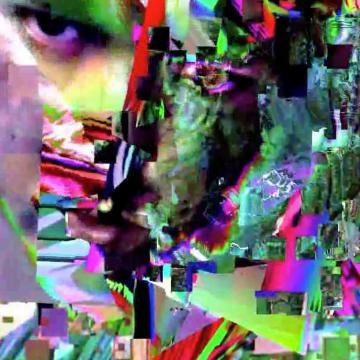
A pioneering example of and precursor to much contemporary glitch art. (Commissioned by New Radio and Performing Arts, Inc., [aka Ether-Ore], for its Turbulence website. Made possible with funding from the Jerome Foundation. Courtesy of Cory Arcangel.)
This portrait of the artist at his computer at 2 a.m. was made with Max SP, a motion-tracking software.
References and Notes
- Sylvere Lotringer and Paul Virilio, The Accident of Art (Semiotext(e): New York, 2005) p. 63.
- lissongallery.com/artists/cory-arcangel.
- coryarcangel.com/things-i-made/2003-002-data-diaries.
- saic.edu/profiles/alumni/jonsatrom.
- In his Q&A Satrom claimed that he was influenced by 1990s net artists such as Jodi and Nato software authored by the Netochka Nezvanova collective, whose website deconstructed computer interfaces and showed the audience how the magician, or wizard behind the screen works.
- jonsatrom.com/---/windows-rainbows-dinos.
- aboutrosamenkman.blogspot.ca.
- Rosa Menkman, The Tipping Point of Failure (PomyLka), exh. cat., curated by Michał Brzeziński (28 October 2010–4 December 2010), Galeria NT / Imaginarium, Lodz, Poland.
- skamshop.co.uk/team-doyobi.
- codame.com/artists/andrew-benson>; <http://pixlpa.com.





